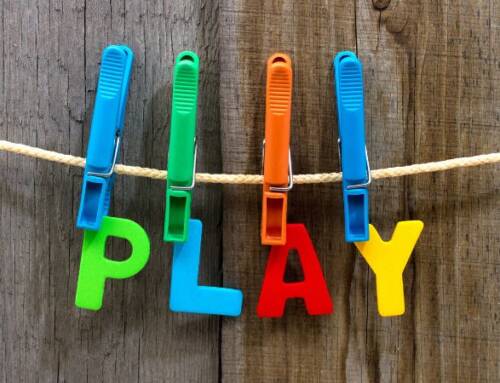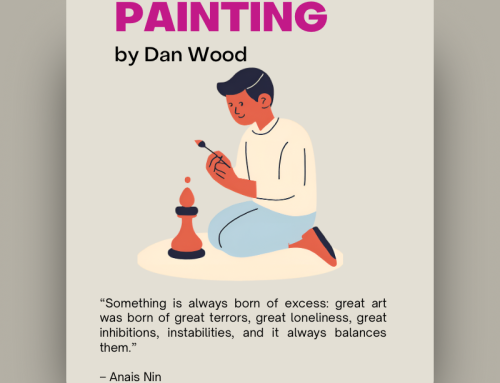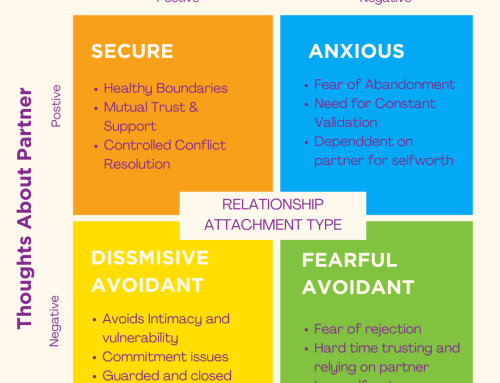Relationship breakdowns
Whether you are arguing with your loved ones, finding it difficult to communicate at all, or feel that you’re on a different path — relationship breakdowns happen, and it can feel overwhelming and painful.
At the AoC, we’ve had an increase in calls to the centre concerning relationship breakdowns, and we’re here to help with therapy for couples, marriages/civil partnerships, friends, and family.
What is a relationship breakdown?
A relationship breakdown is when your feelings towards a person you have previously felt comfortable and close to change or how you feel in their presence shifts.
Relationships include friendships, couples, families, and marriages/civil partnerships.
Feelings associated with a relationship breakdown
You might not realise it at first, but sometimes the first signs of a relationship breakdown are subtle, and may even be physical, such as a knotted feeling in your stomach, a feeling of closing in the throat, becoming more tearful, or withdrawn.
Alternatively, you might be completely aware of a relationship breakdown that leaves you feeling inadequate, angry, or emotional after conflict.
By acknowledging there has been a shift in the way you feel around someone, you take the first step in considering that there is something that needs to be addressed.
Who’s right?
It is true that you often fight with those you love — those you care about. Unfortunately, arguments can happen for many reasons but are often because:
- One or both of you has changed — specifically your values.
- You disagree on something fundamental to those values.
- There are external factors that influence a change in behaviour.
It’s important to remember that physical and mental abuse is not acceptable and there is always help available. Where the issue is not physical or mental abuse, and you’d like to rebuild a healthy relationship, you can try the following:
- People develop values over time, from experiences, so it’s very difficult to change this yourself or in another person without a therapist. You can try to discuss these values and understand what they mean and how they make the other person feel.
- If you disagree on something, it’s important to set those differences aside and not to push who is right or wrong. Discuss how you want to move forward and set boundaries (what you feel comfortable with and what you do not).
- If there are external factors, it’s essential to work through what has caused the change and if anything can be done to address a balance again. A therapist can also help you with this process.
Should I end the relationship?
Although we fight with those we love, there is a hard line where you put your own safety and mental health first.
It’s essential to identify the difference between arguments — where you might be able to rebuild and abuse, which is different. Abuse is unhealthy and not acceptable. You might not realise, but abuse isn’t always being hurt physically, it can include bullying, controlling behaviour, or being made to feel inadequate.
Sometimes stepping away from a relationship is the only course of action, and if you’ve tried hard to repair a broken relationship or it becomes abusive, then it might be time to walk away.
A therapist can help you to unravel your feelings, so you can make a choice right for you.
The AoC Trust provides private therapy from £30 if you need help with a relationship breakdown. Call the centre today on 01384 211168 or email support@theaoc.org.uk for more information.





